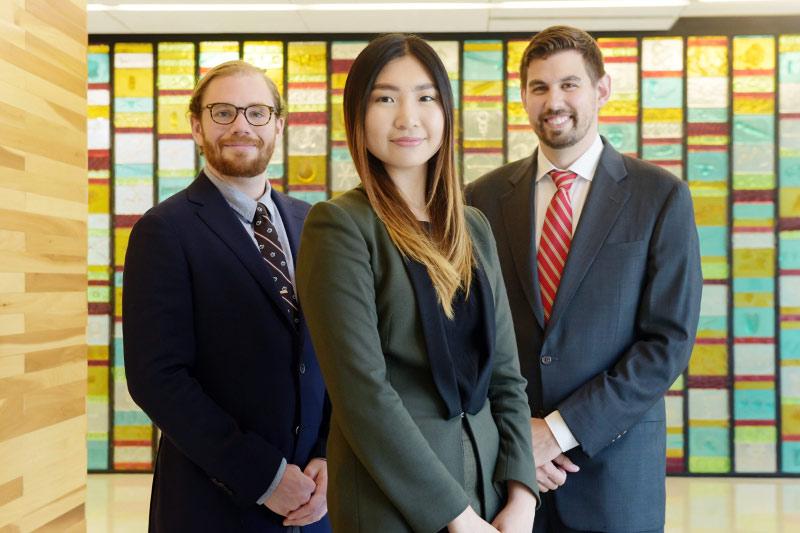Tulane team wins International Business Model Competition
An interdisciplinary team from Tulane University’s bioinnovation and biomedical engineering departments within the School of Science and Engineering has won the International Business Model Competition (IBMC) in Mountain View, California, receiving a first-place prize of $30,000.
Representing the company Instapath Bioptics, the team of doctoral students beat out 40 other teams, including those from Harvard University, Johns Hopkins University and the University of Washington.
Combining research in biomedical engineering, computer science, urology and pathology, Instapath Bioptics is developing a process that uses imaging technology to rapidly display important biopsy features for diagnosis.
The product provides an exact picture of the intact biopsy within seconds without interfering with future testing. Instapath enables centralized remote pathology evaluation that increases the productivity of highly specialized personnel. By increasing pathology efficiency, patients can be treated sooner.
The team includes Peter Lawson and David Tulman in bioinnovation, Mei Wang in biomedical engineering and assistant professor of biomedical engineering J. Quincy Brown. Brown serves as adviser to the students, who are commercializing the technology from his lab. The team also works closely with Dr. Andrew Sholl, assistant professor of pathology, and receives support and coaching from the New Orleans BioInnovation Center.
"Every year, 5 million biopsy procedures are performed to diagnose cancer in the United States. Of those 5 million patients, 1 million need repeat procedures due to inadequate biopsy quality,” Lawson said.
Such repeat procedures can delay lifesaving treatments by over two months, he said, adding that Instapath ensures biopsy quality by providing an exact picture of a whole biopsy at subcellular resolution within seconds of removal.
The team plans to leverage its winnings from IBMC and other competitions to develop a clinical prototype to take from the lab to the marketplace.
The IBMC, founded by Brigham Young University in 2010 and co-hosted by Harvard, is the first and largest lean startup competition in the world. More than 5,000 teams applied to this year’s contest, which was held May 11-12 at the Computer History Museum in Silicon Valley.

